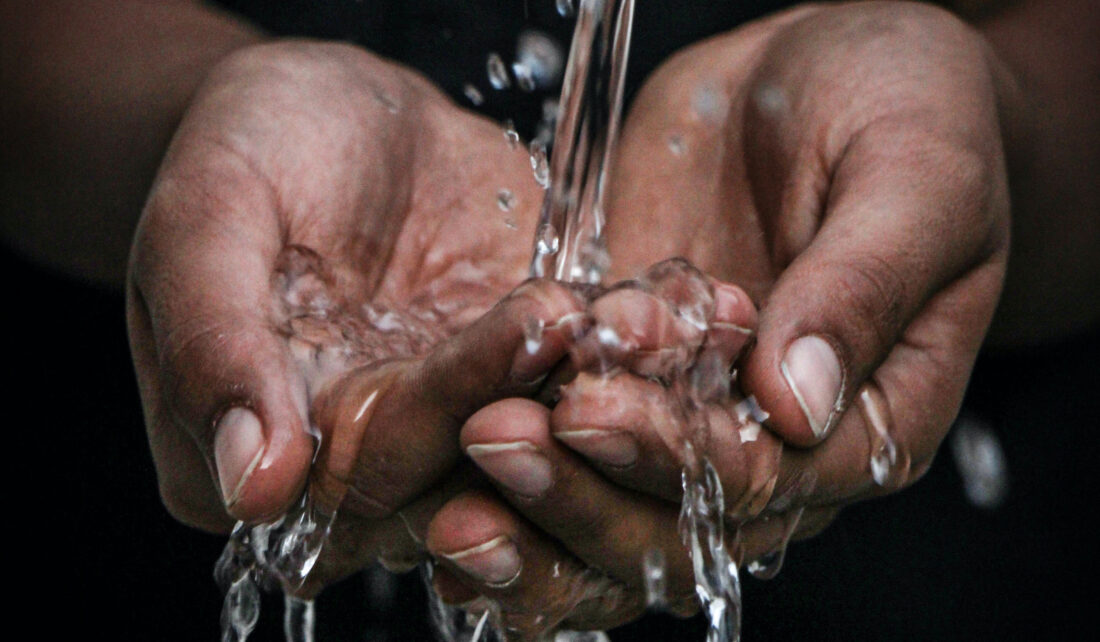
While the primary responsibility of water utility managers is to provide a clean, safe water supply, water managers are de facto energy managers, as supplying water requires energy to move and treat water. Understanding the water-energy nexus can benefit sustainable resource management and policy development.
In the fall issue of SPLASH, the Illinois Section American Water Works Association (ISAWWA) magazine, Illinois-Indiana Sea Grant (IISG) Water Resource Economist Margaret Schneemann co-wrote an article, sharing results from a recent survey of water utility professionals in the state about water-energy nexus issues. This survey was a follow-up to a 2010 survey, therefore, demonstrating changes over time. It was a collaboration of ISAWWA and IISG.
Preliminary findings from the survey reveal that energy costs are a significant portion of utilities’ operating budgets. Nonetheless, the energy required to produce and deliver water in Illinois appears to have slightly improved over the past decade. This finding is consistent with an overarching pattern of increasing energy efficiency.
To learn about more findings from the survey as well as further discussion, visit pages 28−29 in SPLASH.

